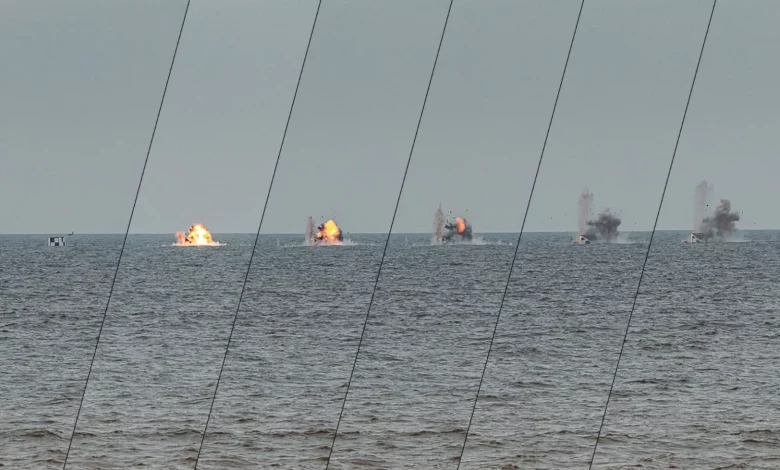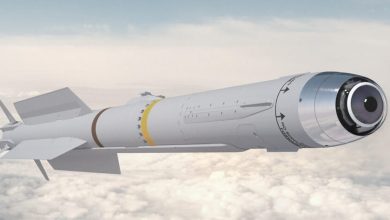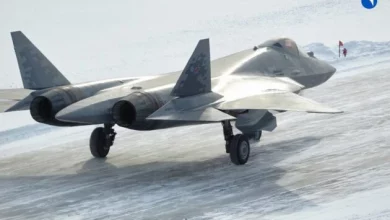Report: Polish military strikes maritime targets with Gladius systems for the first time

The Polish military tested the new Gladius reconnaissance and strike system on naval targets.
The 18th Mechanized Division “Zalizna” reported that the tests were aimed at verifying the system’s capabilities.
Gladius was received by the 18th Artillery Regiment in December 2023. The launches confirmed the system’s ability to hit maritime targets at long ranges.
“The launches were a complete success. The system hit the target with surgical precision,” the Polish military reported.

The Gladius reconnaissance and strike system consists of unmanned aerial vehicles, a mobile self-propelled launcher, and a command vehicle.
In 2022, the Polish Armament Agency and WB Electronics signed a deal worth almost $500 million to supply four BSP-U Gladius battery modules — one for each divisional artillery regiment.
The agreement provides for the delivery of dozens of FT-5 reconnaissance UAVs and several hundred BSP-U strike drones.
The FT-5 multi-purpose drone is a twin-engine aircraft with a T-shaped tail.

The operator can control the drone at a distance of over 100 km from the control point without using repeaters. FT-5 itself can act as a repeater for BSP-U strike drones.
In turn, the BSP-U strike drone is equipped with an electric motor with a propeller. The drone can carry a fragmentation or cumulative warhead, and in the future, a thermobaric warhead.

The launchers for these drones are mounted on two-axle all-wheel-drive Waran armored vehicles. The Gladius system is controlled from a command vehicle, which is also based on the Waran armored vehicle.





